I'll admit to being on the side of science in this one.
Here are some of my thoughts in regards to arguments presented by the 'lifting is good' crowd.'
# Nobody ever said not to correct muscle imbalances
# Core work does not necessarily equal lifting
# Running efficiency gains can be accomplished without lifting
So why do you strength advocates get so bent when someone says that strength training won't make you faster?
You accuse the 'prove it works' crowd of all sorts of assumptions, while obviously making many of your own. At least AC, DD, Prevost, etc are making positive assumptions, while you in turn want to paint them as the vilest creatures since pinko commies.
If anything, I think that we should at least define what we mean by 'strength' so we know what it is we are arguing about. (I'm defining it to mean going to the gym and lifting, or things like big ring hill repeats or running with ankle weights, and NOT by crunches on the excercise ball or plyos in your back yard)
I'm guessing here, and they can qualify or clarify, but I doubt AC, DD, or anyone of those guys would have a problem with you correcting a correctly diagnosed muscle imbalance, but would recommend doing so based on the recommendations of a competent PT.
It is impossible to prove a negative (go read a philosophy book if necessary) so your 'injury prevention' argument is a fallacy.
And strength work necessitates a drop in sport specific stress, so improved performance after a lifting routine is going to make the scientific types question your experimental design, and bring up things like first and second order flaws.
In other words, your arguments are not working, whether you want to hear that or not. So find new arguments.
Or at least be willing to have an adult conversation, and agree to disagree.
From my perspective, the 'science' types don't care if you lift, they just don't think it will make you faster.
OTOH, the 'strength' types have resorted to ad hominem attacks and shrillness.
Finally, Jeanni Longo would kick my ass in a time trial. And it ain't because she can leg press more than me!
Here are some of my thoughts in regards to arguments presented by the 'lifting is good' crowd.'
# Nobody ever said not to correct muscle imbalances
# Core work does not necessarily equal lifting
# Running efficiency gains can be accomplished without lifting
So why do you strength advocates get so bent when someone says that strength training won't make you faster?
You accuse the 'prove it works' crowd of all sorts of assumptions, while obviously making many of your own. At least AC, DD, Prevost, etc are making positive assumptions, while you in turn want to paint them as the vilest creatures since pinko commies.
If anything, I think that we should at least define what we mean by 'strength' so we know what it is we are arguing about. (I'm defining it to mean going to the gym and lifting, or things like big ring hill repeats or running with ankle weights, and NOT by crunches on the excercise ball or plyos in your back yard)
I'm guessing here, and they can qualify or clarify, but I doubt AC, DD, or anyone of those guys would have a problem with you correcting a correctly diagnosed muscle imbalance, but would recommend doing so based on the recommendations of a competent PT.
It is impossible to prove a negative (go read a philosophy book if necessary) so your 'injury prevention' argument is a fallacy.
And strength work necessitates a drop in sport specific stress, so improved performance after a lifting routine is going to make the scientific types question your experimental design, and bring up things like first and second order flaws.
In other words, your arguments are not working, whether you want to hear that or not. So find new arguments.
Or at least be willing to have an adult conversation, and agree to disagree.
From my perspective, the 'science' types don't care if you lift, they just don't think it will make you faster.
OTOH, the 'strength' types have resorted to ad hominem attacks and shrillness.
Finally, Jeanni Longo would kick my ass in a time trial. And it ain't because she can leg press more than me!
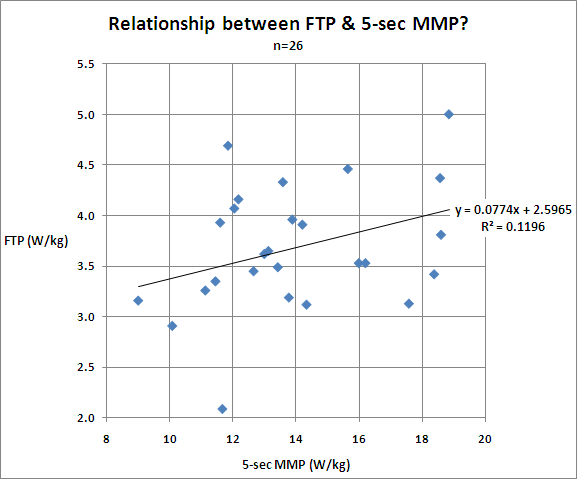
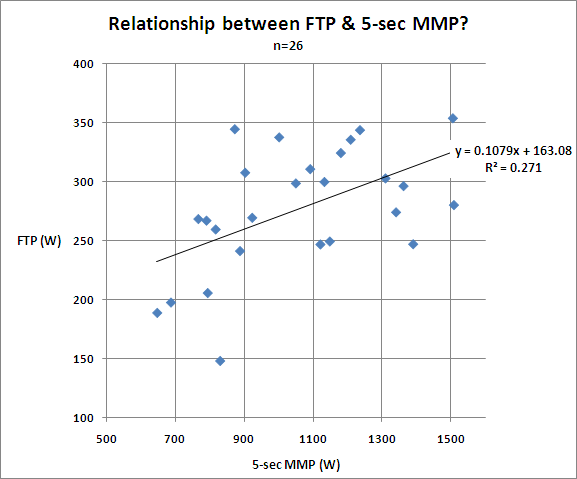
 and the individual differences would be defined by the values of a, b, and c that best fit the shape. Another alternative would be the best fit might be a
and the individual differences would be defined by the values of a, b, and c that best fit the shape. Another alternative would be the best fit might be a 

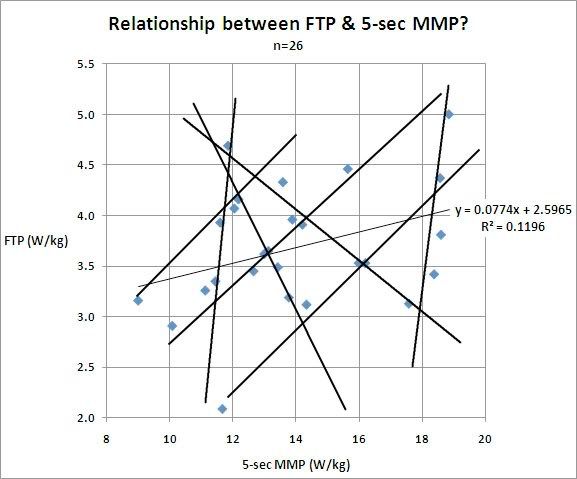
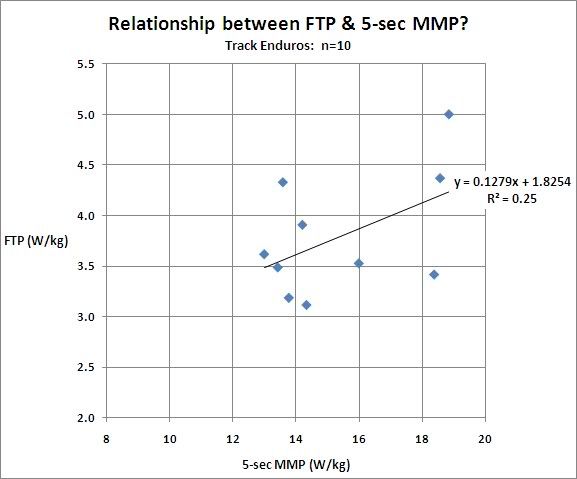
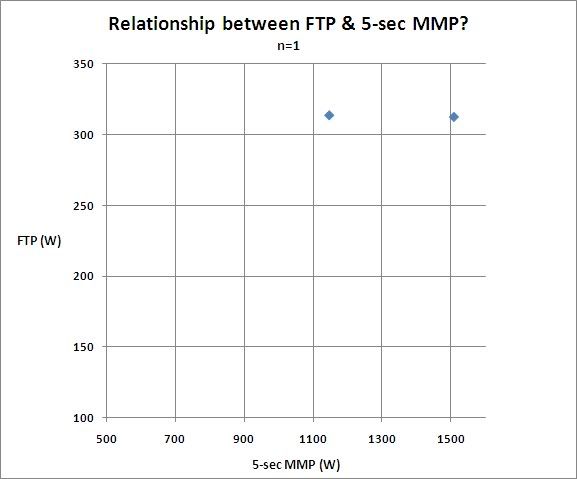
 ngkth, str
ngkth, str
